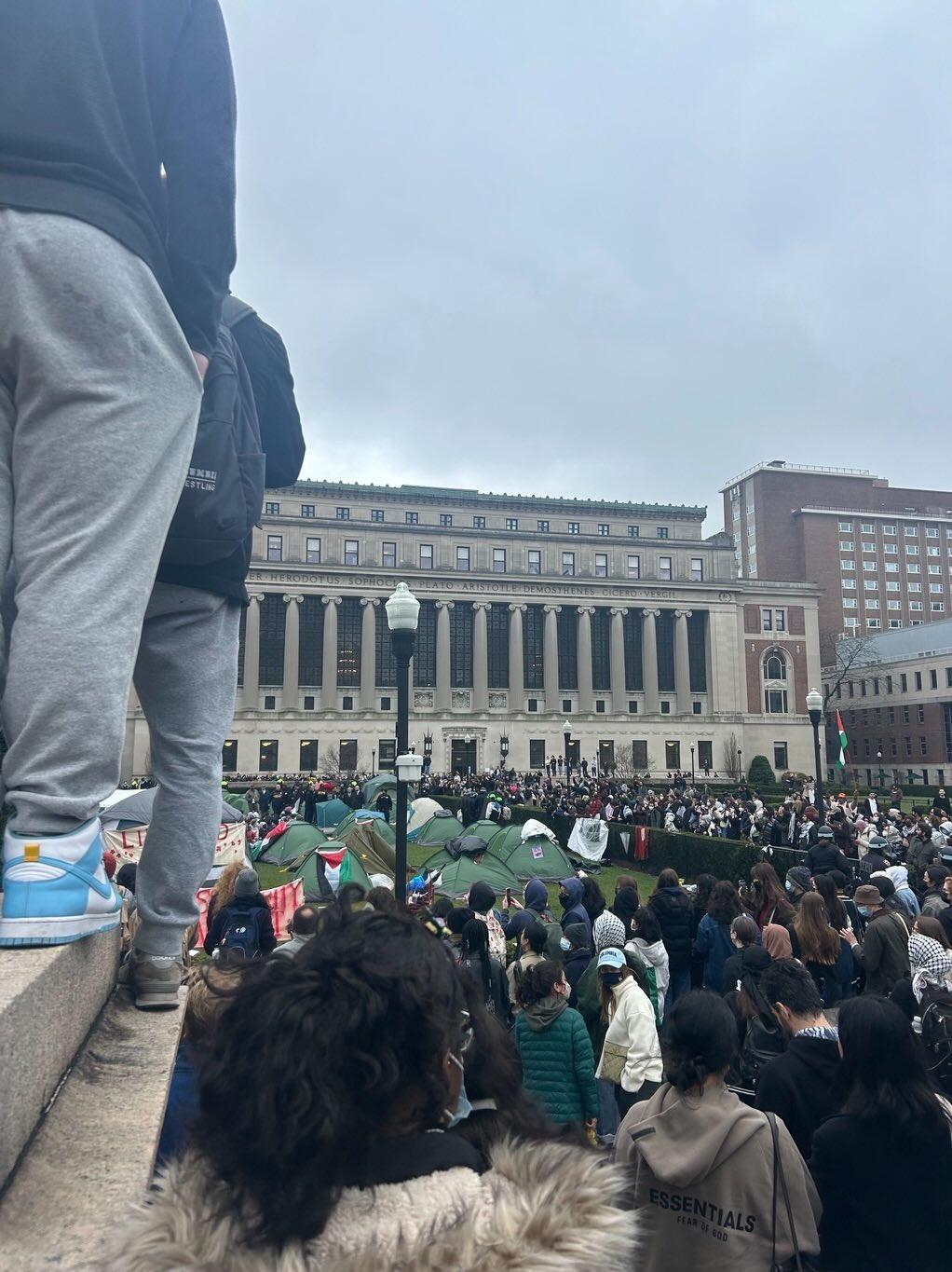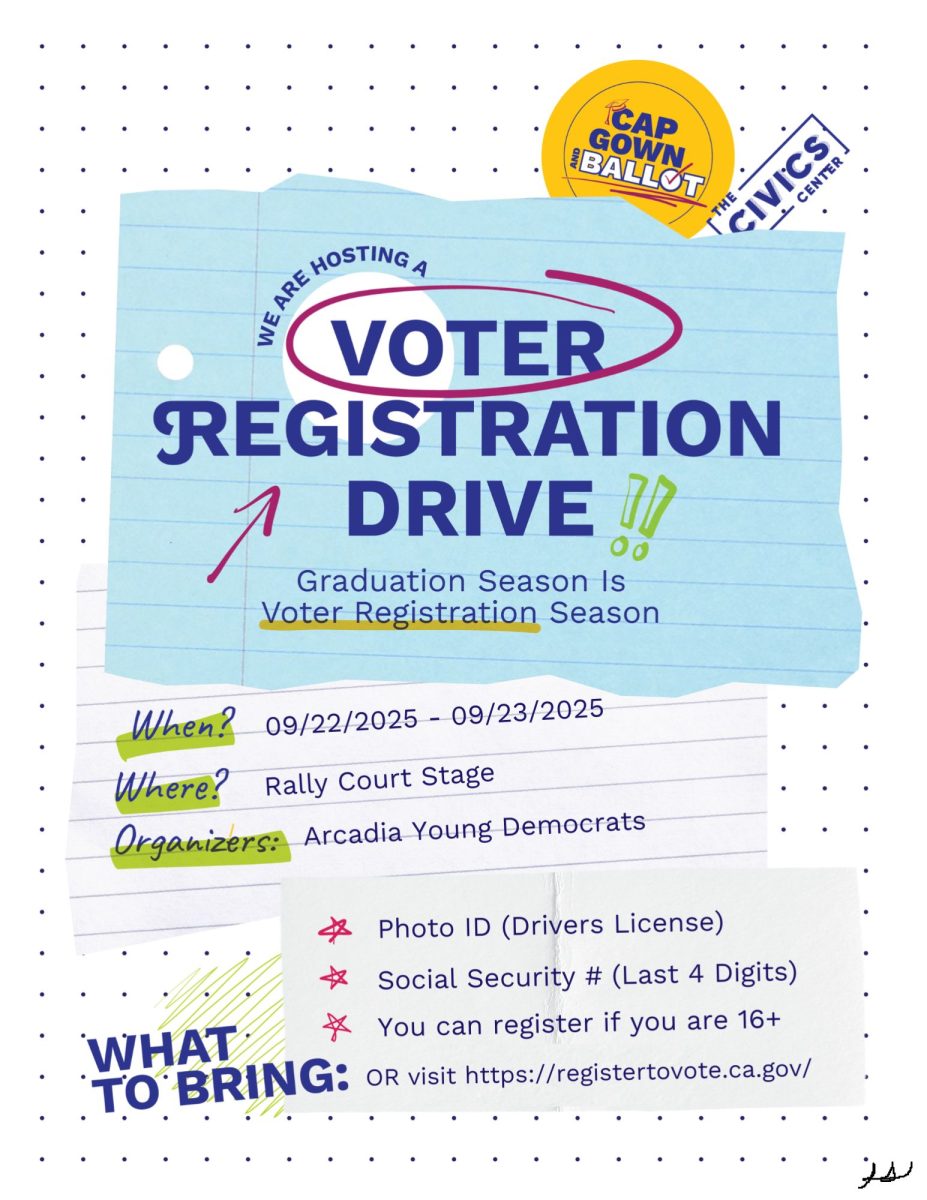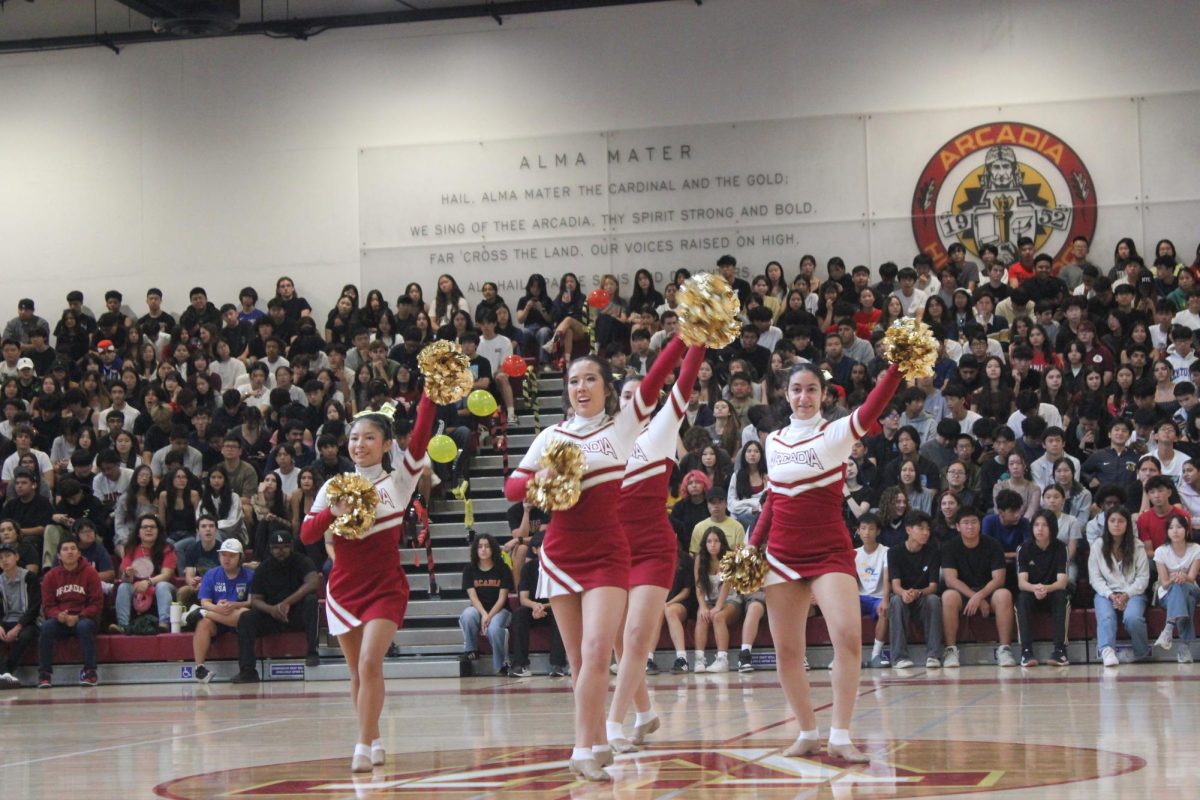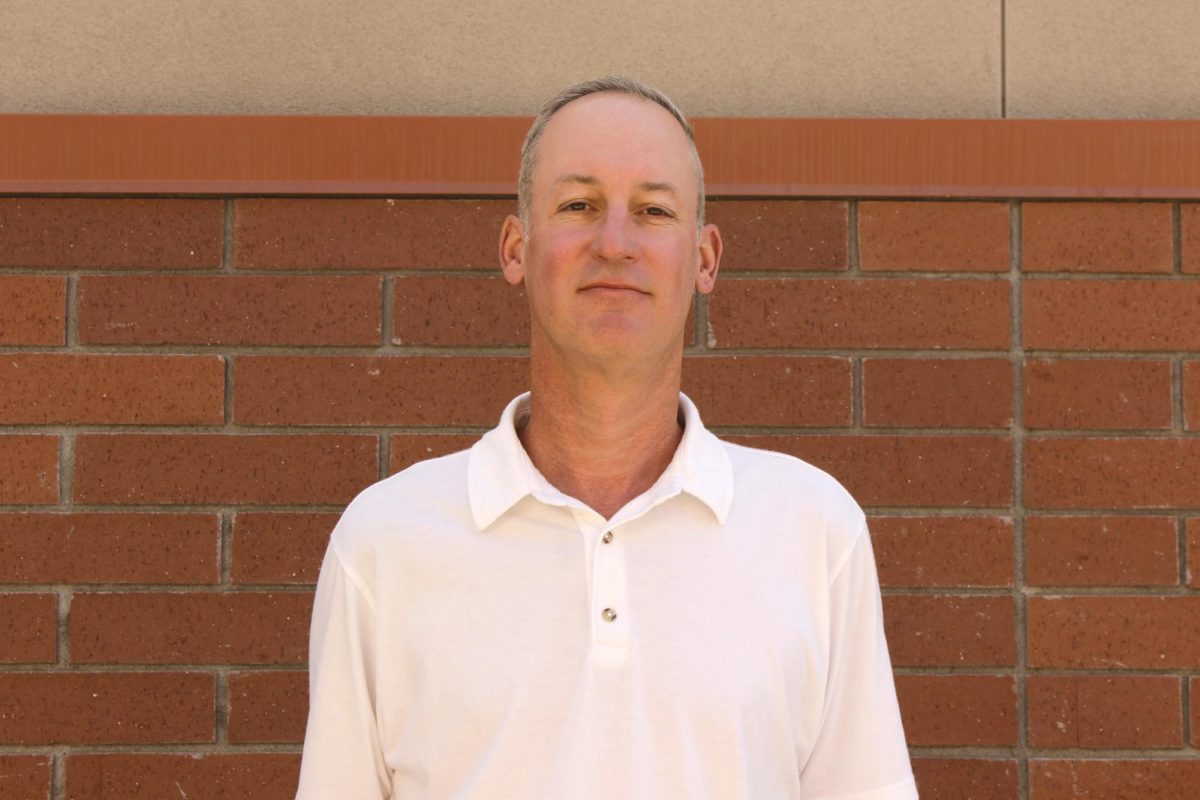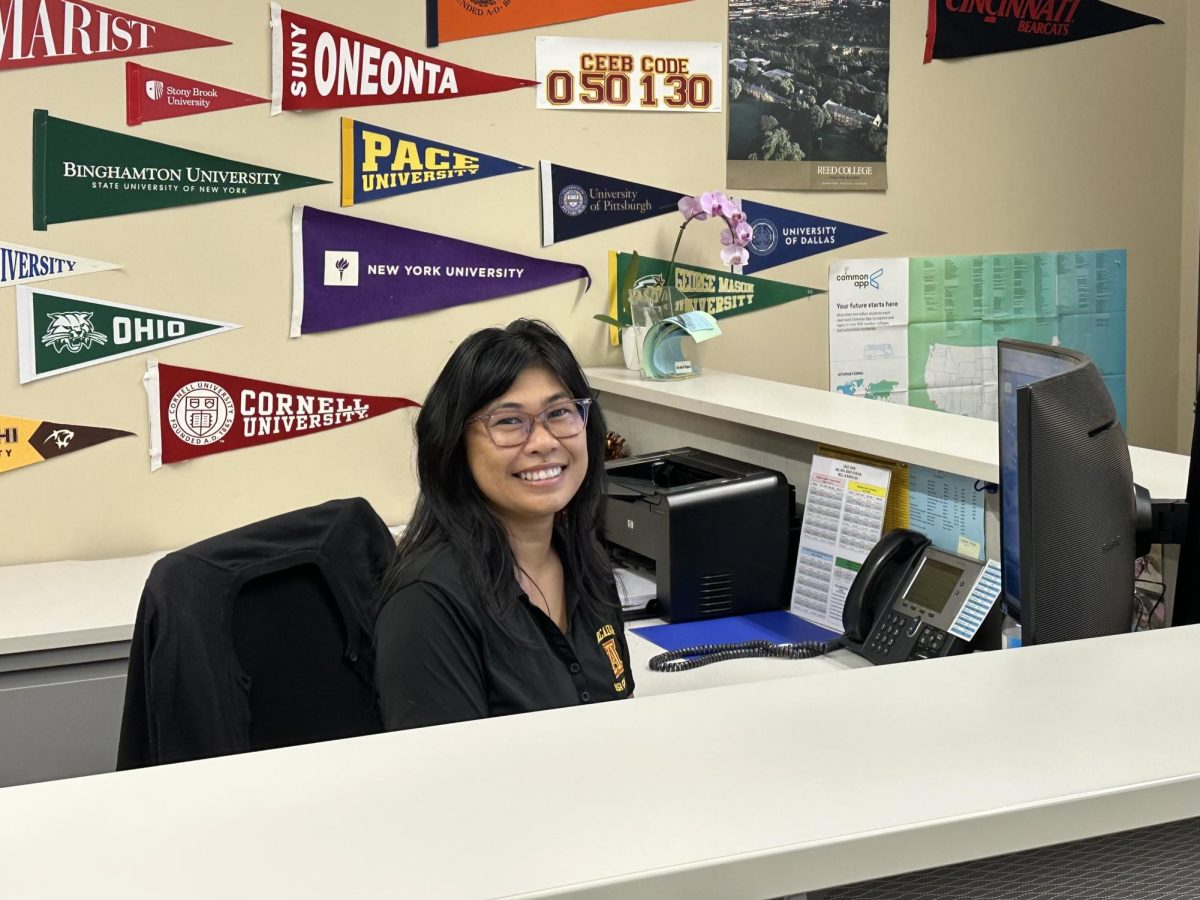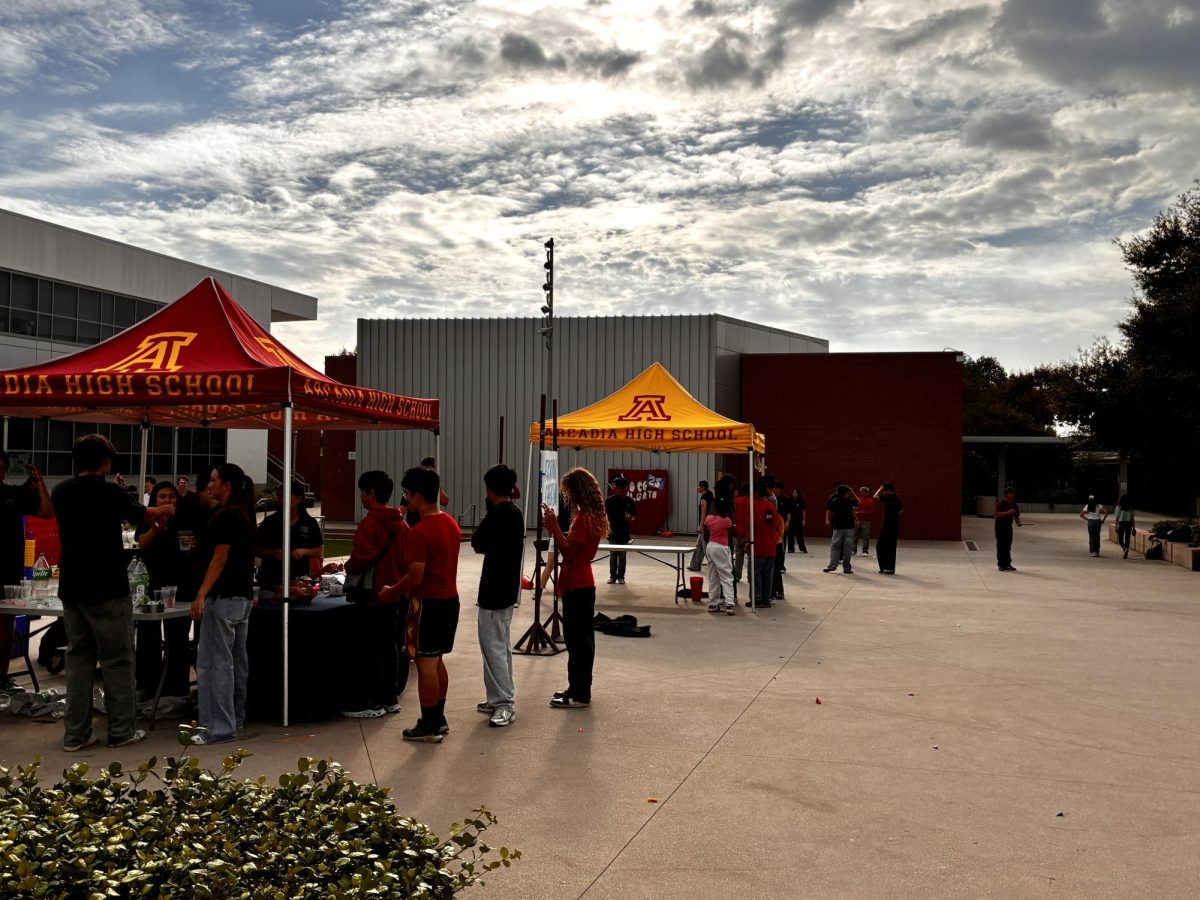The Quill strives to cover a diverse range of topics and community stories, especially those relevant to the student body. We uphold our commitment to the Society of Professional Journalists’ Code of Ethics. This story was made possible with the help of Arcadia alumni who spoke up about their experiences with college protests. Because of the interviewees’ willingness to discuss this sensitive topic, we have chosen to use pseudonyms to protect their identities. The college protests are still an ongoing issue, and this is a continually developing story. We ask that readers respect differing perspectives and engage politely in the comments.
While Arcadia High School’s (AHS) students were wrapping up their year with AP testing, many former students and alumni were concluding their year at college in tumultuous fashion. Having endured online schooling and hybrid learning, Arcadia’s alumni know how to handle a challenge. But little has prepared them for the global unrest that has branched out onto many American college and university campuses.
When the Israel-Hamas War broke out in Oct. 2023, beginning with the Hamas-led attack of southern Israel that killed over 1,200, the world was thrown into shock. Images from the Re’im music festival massacre and other civilian homicides circulated the media, prompting an Israeli military response. On Oct. 8, 2023, 30 Harvard University student groups co-signed a letter holding Israel “entirely responsible for all unfolding violence.” The following months, numerous colleges across the U.S. have witnessed similar student-led protests voicing support for the Palestinian people, as documented by ABC News.
Columbia University has been at the heart of the protests, as one of the first college campuses to see encampments pop-up. Arcadia alumna and Columbia student Jane spoke to The Quill about her campus’s protests.
“Hundreds of student clubs and organizations have joined [Columbia University] Apartheid Divestment, a student coalition that demands the university’s financial divestment,” she said. “Most recently, students occupied and reclaimed Hamilton Hall after the last day of classes and named it Hind’s Hall in honor of Hind Rajab, a young Palestinian girl killed by the Israeli military in Gaza.”
Jane called the administration’s physical treatment of the encampments “unjust”, especially the involvement of the NYPD, which was called in “not once, but two times, to mass arrest largely peaceful protestors.”
Some of the arrested students were then “suspended and immediately forced to move out of their dorms and [lost] access to their meal plans,” said Jane. “Administration has made these decisions often in the name of ‘preserving peace’ and ‘promoting safety,’ which many feel is ironic since the overwhelming presence of police is what is making the students feel afraid.”
Another Arcadia alum, John, a student at Dartmouth College, spoke on his experiences in Hanover, NH.
“In February, [Dartmouth] had a small encampment in front of administration where [protesters] did a hunger strike,” said John. “We also recently just had a protest with an encampment on the Green [Dartmouth’s common field space] where Hanover police and state troopers were immediately called, and around 70 students, community members, and professors were arrested.”
He noted that the response from Dartmouth’s president has been widely viewed as insufficient.
“I thought administration handled it really poorly,” John said. “Our house professors and some departments have come out and condemned administration.”
While there has been at least one case of vandalism, John has not felt any danger from the protestors. He said, “Free speech doesn’t entail violence. It was a peaceful assembly that quite literally only lasted a few hours.” Yet, law enforcement still arrived “with armored vehicles and rubber bullets and what not.”
Back on the west coast, the University of Southern California (USC) gained national attention when it canceled valedictorian Asna Tabassum’s speech, in part due to her political views and ties to an organization which called for the abolishment of the state of Israel on Instagram. This led to a series of protests, campus shut-downs, and the reconfiguration of major graduation ceremonies across the university.
Tabassum’s speech cancellation has rallied students across the nation, including at the University of California San Diego (UCSD). Current UCSD student Anne has witnessed pro-Palestinian student activism on campus in recent months.
She said, “These past few weeks have been incredibly difficult to process as a student at a university that prides itself in its diversity, equity, and inclusion initiatives.”
Anne recalled campus angst beginning in February, when the Students for Justice in Palestine (SJP) launched one of its largest campus protests, in which hundreds of students marched in opposition to UCSD’s complicity in the war. This demonstration was part of a nonviolent global campaign initiated by the Palestinian BDS National Committee, aiming to end economic relations with campus corporations actively supporting Israel. While the divestment goal has been set at $8.2 million, Anne noted that the administration has yet to release any formal statement regarding their divestment in the funds.
More recently, Anne’s UCSD classes, like Jane’s at Columbia, were moved online after the campus protests quickly escalated into violence following the involvement of law enforcement in the student encampments. While Anne was not physically present at the protests, she has been staying informed through videos and online live streams. The posted images have been enough for her to conclude that there was unnecessary use of force.
“Law enforcement was heavily armed with weapons, pepper spray, and batons and used them unequivocally to shove protestors out of the way and intervene in the assembly,” said Anne. “There were police officers with snipers on top of our Student Health Services, which drew attention to the irony that our administration aims to promote health and safety on campus.”
UCSD Chancellor Pradeep Khosla released a statement calling the encampments “dangerous” and voiced support for the employed security tactics. The response was disappointing for Anne, who called it “poorly handled and unnecessarily escalatory.”
While the future of the protest situation on college campuses remains unknown, Anne still had words of reflection.
“I think it’s powerful to see how these rights I have studied and read religiously in AP GOPO [Government and Politics] come into action in real world settings,” said Anne. “Especially in universities where students are at the forefront of sparking change and using their voices to speak out.”
“We students play an important role in speaking up about world issues even if they are miles away,” said Jane. But her biggest takeaway in an unprecedented school year? “Students have the capacity for change.”


